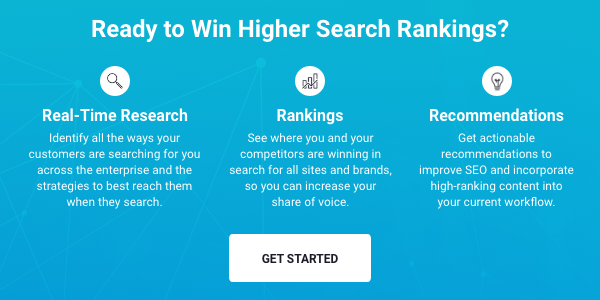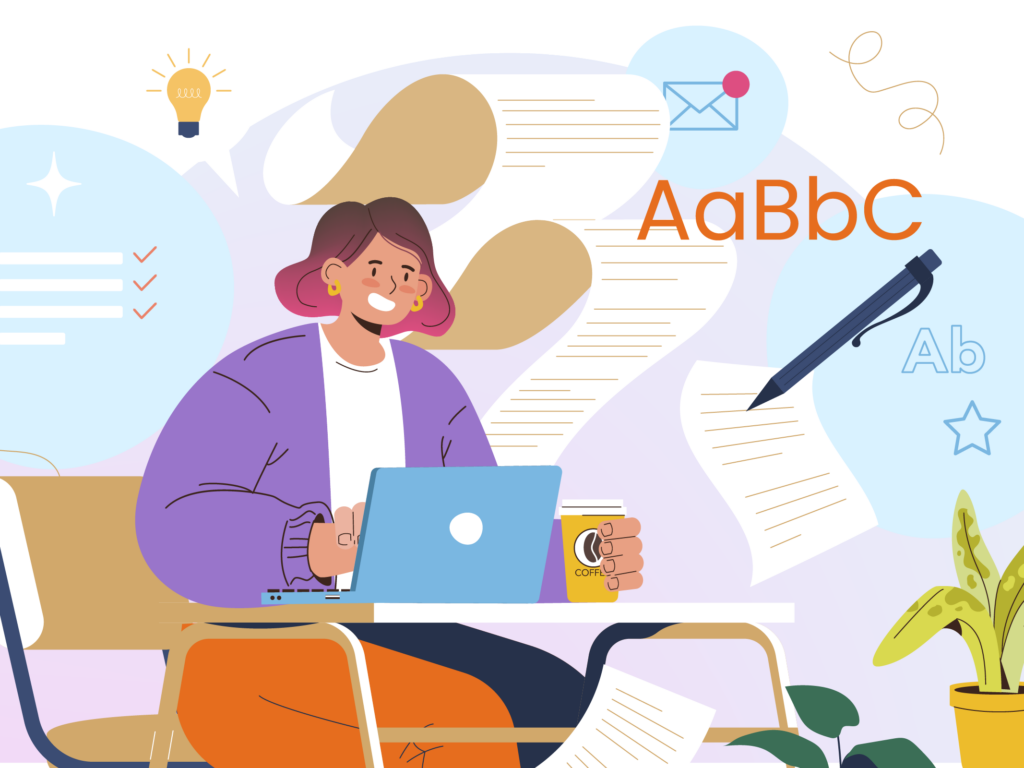
On August 18th, Google announced the roll-out of a major algorithm change called the “helpful content update.” It has the potential to be a big one and affects whole sites rather than individual pages.
Some search engine optimization (SEO) experts have suggested that it might impact rankings as significantly as the Panda update of 2011. Everything we know so far is included in this roundup.
In other news, there have been several minor changes in Google Search Console along with some additions to Search Central documentation that SEOs should be aware of. YouTube has also launched a dedicated podcasts homepage.
With all that in mind, here’s your roundup of all the latest developments and stories from the world of search.
SEO News at a Glance
- Google begins rolling out its “helpful content” update, which will target low-quality content that is not created for humans.
- The “Validate Fix” button has been reinstated in Google Search Console.
- Content guidelines regarding educational Q&As updated in Google Search Central.
- YouTube tests videos in comments and launches podcasts homepage.
- Google experiments with “quick read” labels in some search results.

SEO News and Updates
Google to Release “Helpful Content” Update
On August 25th, Google began rolling out a “helpful content” update that devalues low-quality content. The algorithm update targets various factors—content that is designed for search engines instead of humans, that relies on excessive automation, or regurgitates what already exists on the web will find itself in the firing line.
Moreover, if you thought that Google was finished with product reviews after its last update, think again. A fifth algorithm change, part of the “helpful content update,” will make it “even easier to find high-quality, original reviews.”
In a blog post on the topic, Google said the following:
“Next week, we’ll launch the “helpful content update” to tackle content that seems to have been primarily created for ranking well in search engines rather than to help or inform people.”
Google has published extensive documentation on Search Central, so ensure you meet all the criteria listed. Keep in mind that this isn’t a core update. But it is potentially very significant. Some commentators have even spoken about a paradigm shift akin to that brought about by the likes of Panda and Penguin.
It’s also worth keeping in mind that this is a site-wide update, not a page-specific one. If Google sees your site as a producer of high-quality content, you should see ranking increases across the board.
Google Reinstates “Validate Fix” Button in Search Console
The “validate fix” button, which displays on page indexing reports in Search Console (accessible from the “Pages” tab), has been reinstated.
It was taken down while Google simplified the URL groupings on the main indexing report (from “valid,” “warning,” and “invalid” to “valid” and “invalid.”) You can now check that changes to unindexed pages have worked correctly. This is useful for webmasters that want more control over crawlability and is similar to how other search engines use IndexNow.
Google Expands Content Guidelines for Education Q&A Structured Data
Google has expanded its documentation covering structured data for education-related questions and answers.
You can read the new guidance at Google Search Central. Essentially, they stipulate that education Q&A pages must adhere to the same guidelines as generic Q&A pages, that your page must be made up of education-related content, and that you have a responsibility for maintaining accurate content.
If you work in the education space, adding the correct structured data could increase your exposure in the search results. Failure to comply with the guidelines may result in a penalty or manual action.
Google also updated the list of supported academic levels for the educationalLevel value for Learning videos.
Video Indexing Report Live in Search Console
The video indexing report is live for all users. Access it from “Video pages” under the “Pages” section in Search Console. You’ll only see the report if you have videos on your website.
It’s a useful feature for sites that publish videos as it allows web admins to see which videos are showing in search results. This, in turn, makes it easier to remedy any indexing issues.
Google to Remove International Targeting Report From Search Console
Google has deprecated the international targeting report in Search Console and will remove it shortly. The report, which was launched in 2014, enables web admins to monitor hreflang errors and set a country for priority targeting.
Google hasn’t changed its guidance about how to deal with multi-language sites and hreflang attributes are still supported. If you use Console to monitor hreflang you’ll need to find an alternative method of identifying errors.
YouTube Tests Videos in Comments and Launches Podcasts
YouTube is testing out a feature on iOS that allows creators to reply with a video. It’s likely that the company got the idea for video responses from TikTok.
While this feature is still in a test phase, it’s worth staying up to **** with any changes if you have a strong YouTube presence. Replying to comments on your videos could boost your viewer engagement.
YouTube has also launched a dedicated podcast explore page. This points toward YouTube’s commitment to the medium, and you may see an increase in listeners if you publish a regular podcast. If you don’t, it may be something to try out.
Google Tests New Labels in Search Results
Google is testing new “labels” in search results, which appear in a similar way to rich snippets. There are currently two labels: “Quick Read” and “< 5 Min Read.”
While these features are far from a full roll-out, they could potentially change the appearance of search results in a significant way.
We advise keeping an eye on them as they hold the potential for increased traffic if Google decides on a full implementation. And there’s no harm in being first out of the gates.
And that’s it for this month. We’ll be back in September with an analysis of all the developments regarding the helpful content update.
To finish off, here’s a little joke for you. Why did the search query get sent to prison? It didn’t commit a *****, but the jury thought it had strong intent.



